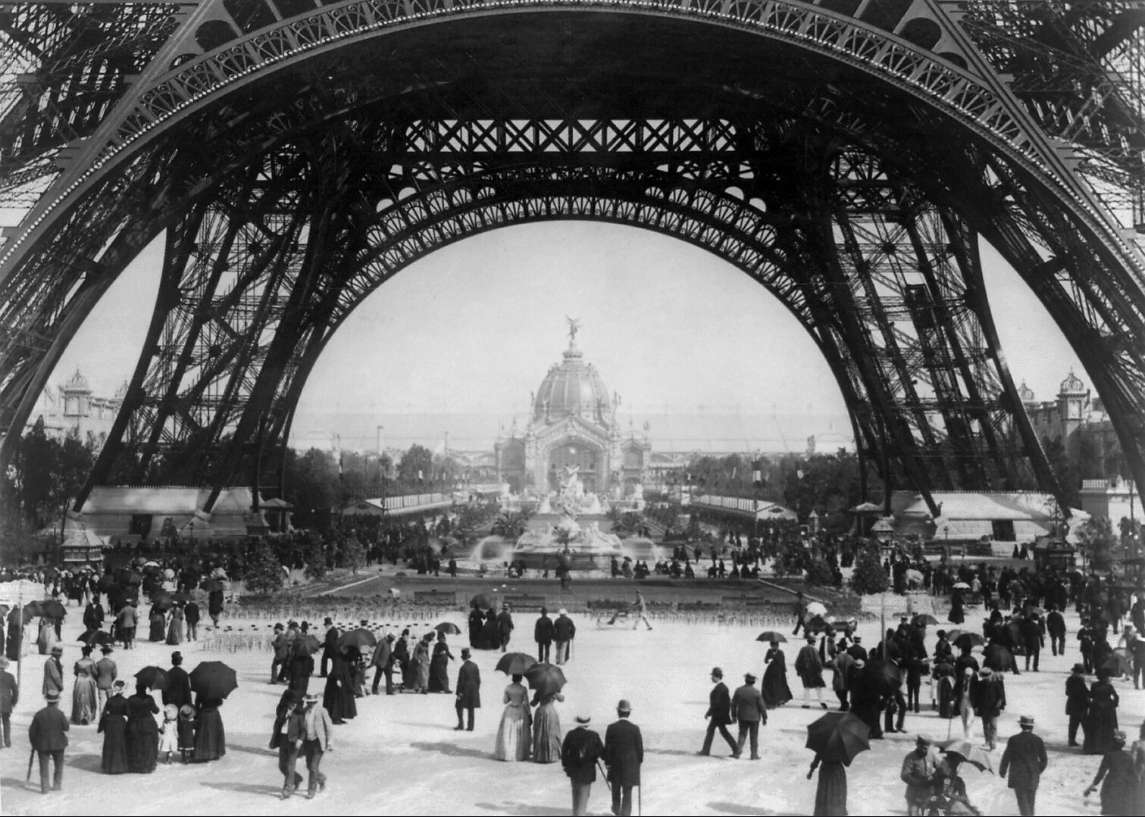by Laura Macgregor, Professor of Scots Law, University of Edinburgh.
Many types of contracts do not require to be entered into in writing in Scots law (see Requirements of Writing (Scotland) Act 1995, s1). Where this is the case, it can be difficult to identify whether the parties have reached binding consensus or something short of that. It is possible for parties to reach consensus on all essential terms, and yet agree that they will not be contractually bound until such time as a written contract is signed (Karoulias SA v The Drambuie Liqueur Company Ltd 2005 SLT 813). In Supaseal Glass Ltd v Inverclyde Windows Manufacturing Ltd ([2022] CSOH 49), a recent case decided in the Outer House of the Court of Session, Lord Braid provides a useful summary of the governing principles of formation of contract in Scots law. His objective analysis nicely illustrates Lord President Dunedin’s famous statement that “[c]ommercial contracts cannot be arranged by what people think in their inmost minds. Commercial contracts are made according to what people say” (Muirhead and Turnbull v Dickson (1905) 7F 686 at 694).
Leave a Comment
